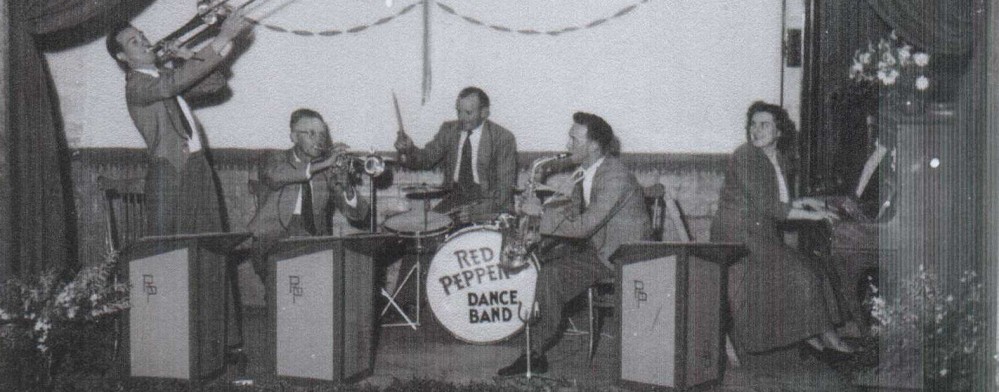History is often stretched between two very different modes. At one end – too often thought of as the ‘high’ end – is national or political history or history by themes – the history of agriculture or warfare or whatever all encompassing subject the historian chooses. At the other end lies local or community, often family history; history of the small, the individual, the unique or what locals imagine is unique.
In between lies a great deal of excellent history of course but too often the high end or thematic histories are grounded on bits and pieces of community histories gathered up from local publication to academic thesis to historical journal until they arrive as an ill-sorted mass in the master work of a grand historian. And that is the good stuff.
On the other hand much local and community history is written in isolation with no regard for wider happening or comparisons. While this is largely a cause of indifference to most of the writers of these sometimes excellent works, it is also much work wasted and numerous opportunities missed.
So how is this website different? Here it is proposed to range over the history of the Williams River and its peoples since the arrival of Europeans in as much depth as research, sources and resources allow. Linking whatever has happened within this valley to its historical context and following themes through to wherever they may lead. The result? Start clicking and you will begin to see the possibilities for both opening up local histories and for providing greater balance to thematic and national histories.
The history of the Williams River Valley can be seen as a sample of Australian history through which can be drawn out issues and questions that have relevance to all history – Australian or otherwise.
This work of history does not claim its historical mode to be in anyway superior to those modes referred to above, merely that it is yet another way of approaching history that makes a claim to add to our knowledge and understanding.
As a way of approaching history this work also claims to be utilising the tools of the web in such a way that its historical research can be presented beyond the narrative or chronological as a great interlinking of themes, topics and where necessary snippets and yet remain (it is hoped) coherent.
